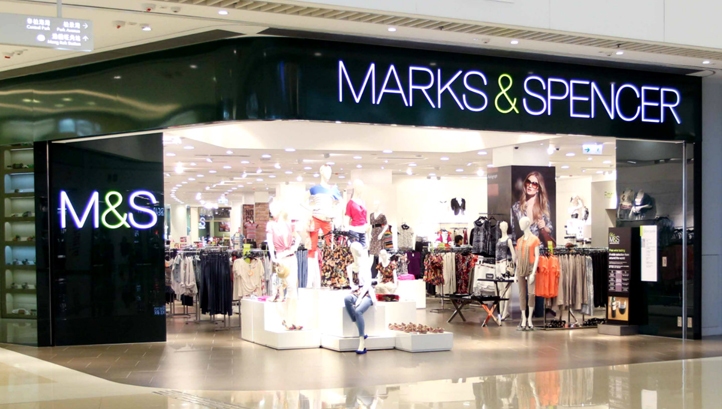Marks & Spencer (M&S) wants to build on "the most comprehensive, wide-ranging sustainability plan in retail" by fitting out its entire UK estate with LED lighting by 2025.

Speaking at a non-domestic energy event in London this week, M&S's head of facilities management Munish Datta said that setting "uncomfortable targets" has become essential for M&S to make its stores and office buildings more sustainable.
“I have a dream that by 2025 we will have a 100% LED estate across the UK and be making inroads internationally,” Datta said.
“LED is not a new thing - it’s well established. But we have a role to turn what was an innovation three years ago into a mass-scale roll-out, and that what our next objective for LED is.
“We’ve now rolled out LED lighting to all of our food halls and we’re retrofitting at a great pace and scale. This year, we’ll be rolling out LED into all our clothing departments. I’d be very confident that by 2025 – and if not then, quite disappointed – that our estate in the UK will be fully LED-lit.”
Behaviour change
Datta heads up M&S's Plan A initiative, which has seen energy use across the company's buildings fall by 36% since its inception in 2007.
At the energy event, which was hosted by Arup and Ashden, Datta told delegates of the need to prioritise behaviour change and translate energy savings into a language that resonates with staff in order to maximise the potential of energy efficiency programmes.
He recounted his struggles in getting the clothing section of the company’s estate on-board with an LED roll-out. After offering trials and incentives to make the switch, Datta said the 100% roll-out was able to begin. One such method that Datta used to engage with and motivate M&S staff on energy efficiency was linking individual KPIs to energy targets.
“Nothing works better in retail than linking energy performance to people’s bonus - it gained real traction,” he said. People make buildings work – engaging colleagues is really important. We have to raise awareness of personal behaviour in stores.
"I believe that about a quarter of the 36% energy benefit that we’ve had was through communicating with people.”
Green policy
Under Plan A, M&S has achieved zero-waste targets, sustainable fish sourcing goals and has successfully pledged to the RE100 initiative. The company has seen a £625m net benefit from its sustainability strategy, with £30m generated from energy savings last year alone.
Earlier this year, UN climate chief Christiana Figueres reiterated the need for the world's buildings to reduce carbon emissions by 77% by 2050. To reach that point, Datta believes national governments will need to provide more support and stable regulatory frameworks.
Broken records
With reports revealing that average carbon emissions for Britain's non-domestic buildings were almost four times higher than design estimates, the Government recently released a new online platform aimed at stimulating innovation in building construction.
But while the nation's renewable energy policy landscape continues to contort, Datta believes more lobbying is needed from big business to stimulate low-carbon growth.
“This isn’t something DECC [Department of Energy & Climate Change] don’t know from us directly," Datta added. "We’ve fed into consultations and have been very clear that we need help. “It’s an incredibly challenging job, though, and it’s all very well being critical of Government, but I think a more constructive way to better the landscape would be to share these thoughts around the table.
“It’s cowardly to do it all away from the Government. We’re going to act like a broken record with them until they get the message.”
Edie.net
